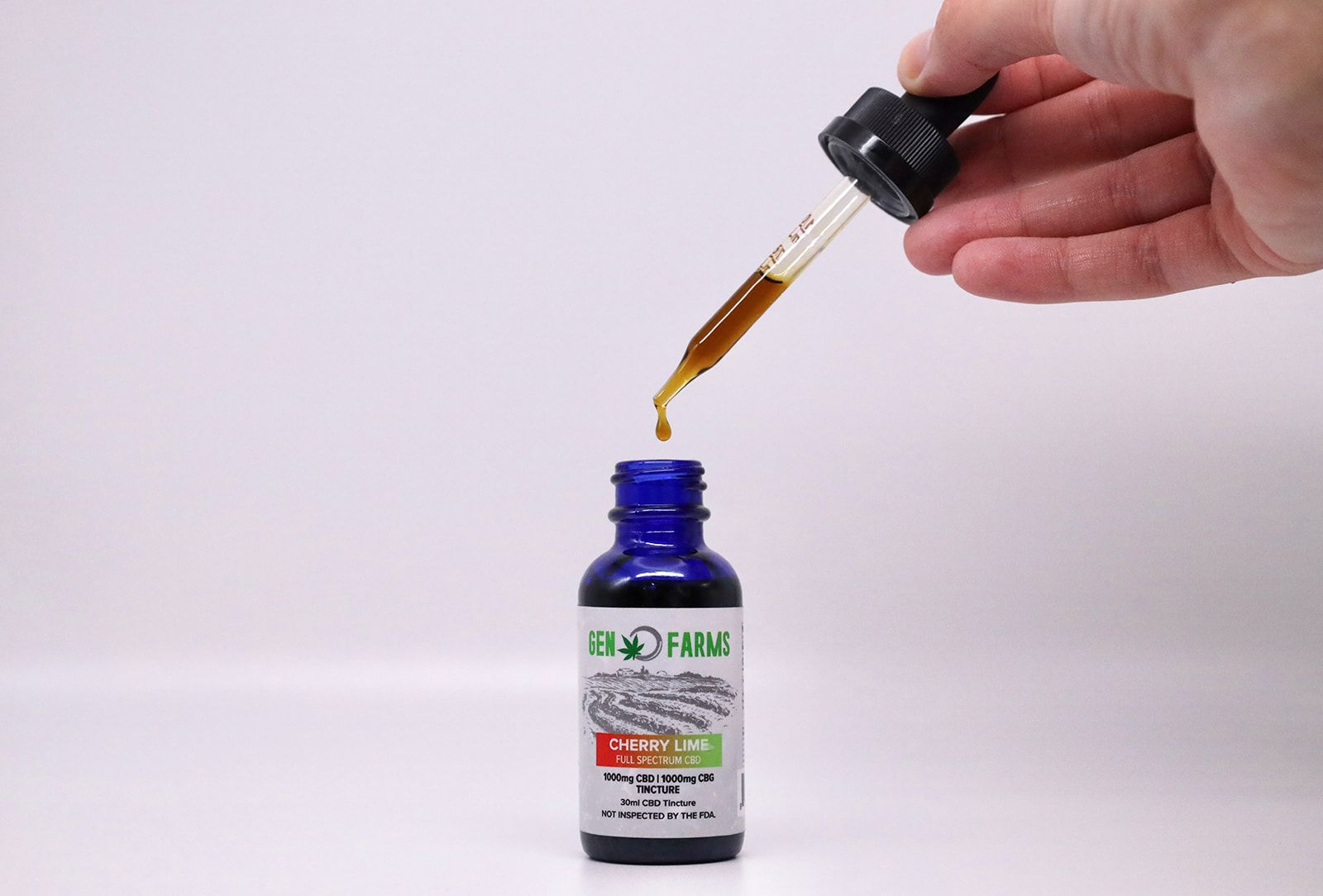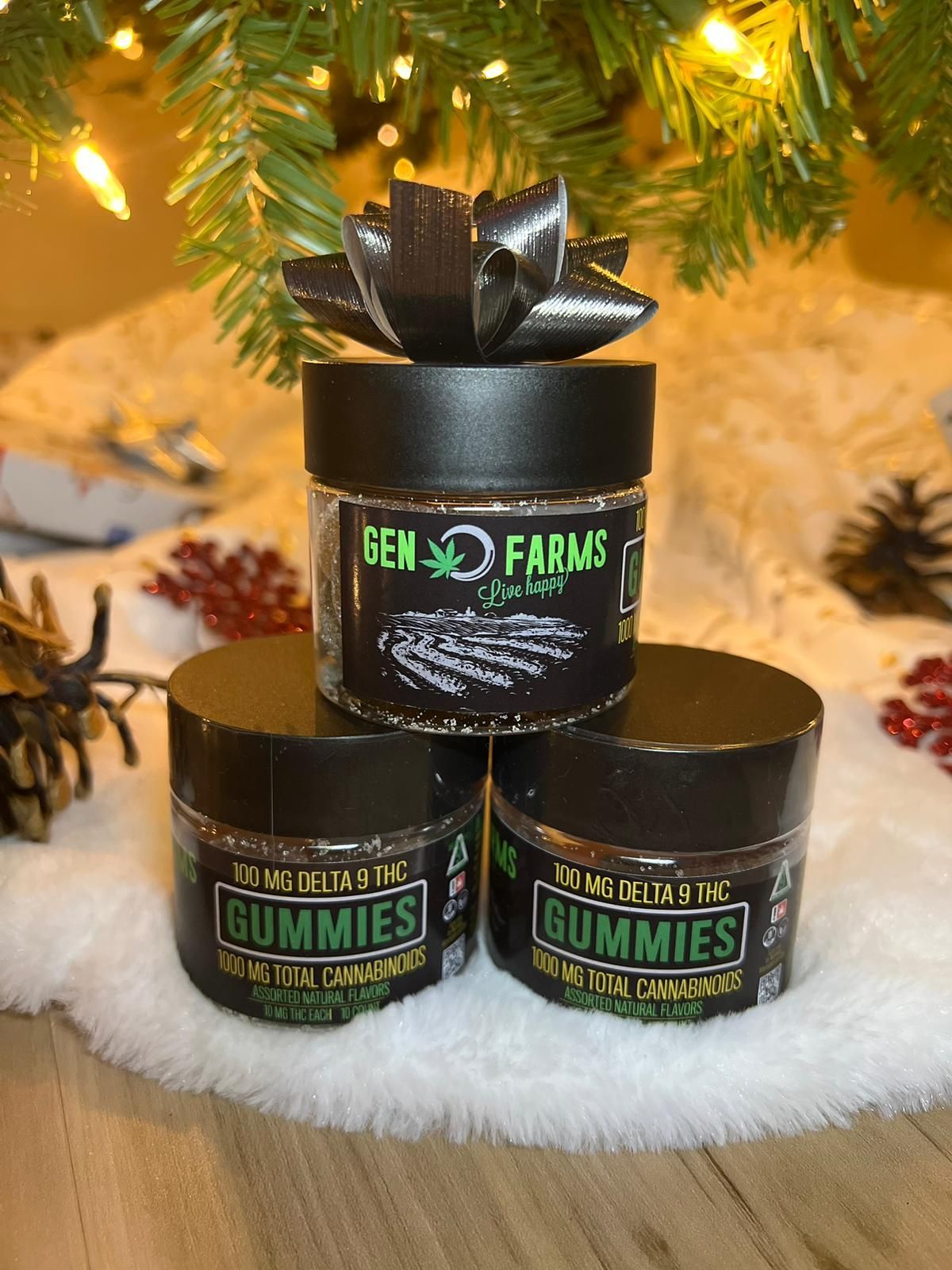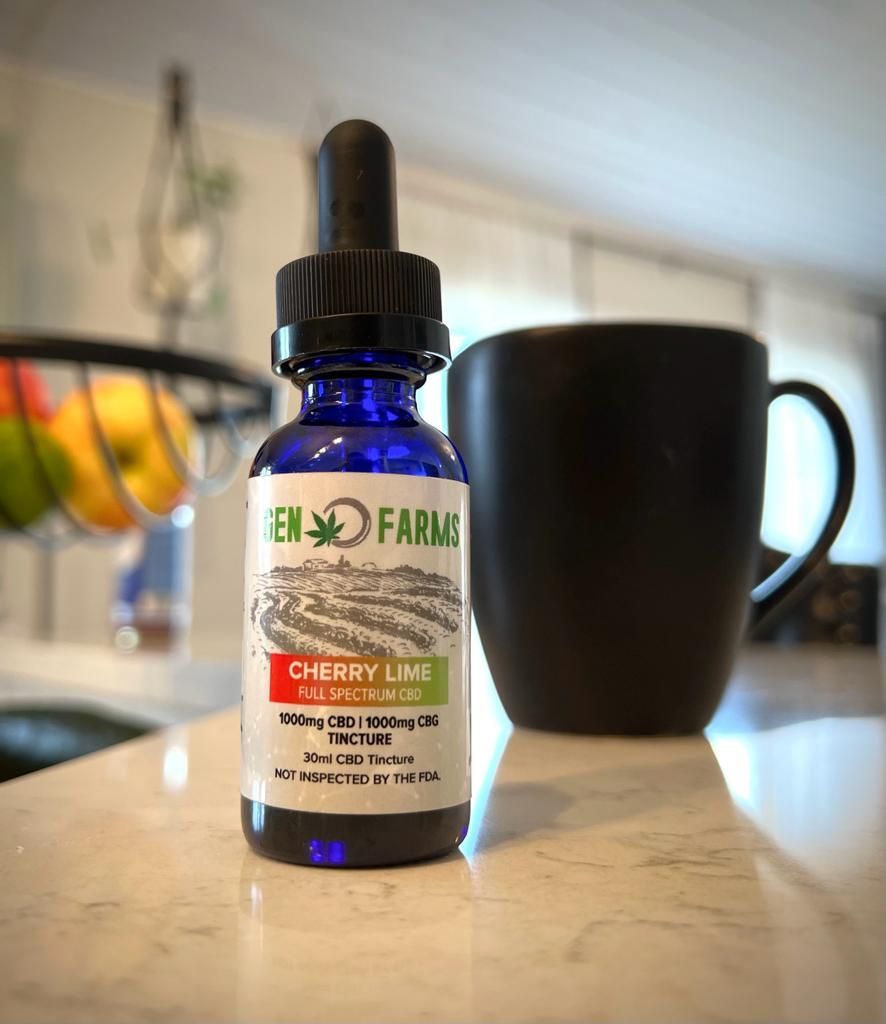Hemp seed and more

Hemp has been making a comeback in recent years due to its numerous benefits as a versatile and sustainable crop. Apart from its use in textiles, paper, and building materials, hemp has also shown great potential as a source of nutrition for both humans and animals. In particular, hemp-based animal feed has gained attention as a healthier and eco-friendlier alternative to traditional feed ingredients. In this blog post, we'll explore the benefits of using hemp in animal feed and why it could be a game-changer for the agricultural industry.
Firstly, it's important to understand what hemp is and why it's a unique crop. Hemp is a variety of the Cannabis Sativa plant species that has been cultivated for thousands of years for its fiber, seeds, and medicinal properties. Unlike its cousin marijuana, hemp contains only trace amounts of tetrahydrocannabinol (THC), the psychoactive compound that produces a "high." Instead, hemp is rich in other cannabinoids, such as cannabidiol (CBD), that have therapeutic benefits without the psychoactive effects. Moreover, hemp is also a "bioaccumulator," meaning it has the ability to absorb and remove toxins and pollutants from the soil, air, and water. This makes hemp an ideal crop for sustainable agriculture and environmental remediation.
Now, let's take a look at how hemp can benefit animal feed. One of the main advantages of using hemp in animal feed is its nutritional profile. Hemp seeds, in particular, are a rich source of protein, fiber, and essential fatty acids, such as omega-3 and omega-6. In fact, hemp contains all 20 amino acids, including the nine essential amino acids that cannot be synthesized by the body and must be obtained from food. This makes hemp a complete protein source, which is essential for animal growth, development, and maintenance. Additionally, hemp is also a good source of minerals, such as calcium, iron, phosphorus, and magnesium, which are vital for bone health, metabolism, and immune function.
Another benefit of hemp-based animal feed is its digestibility. Hemp seeds and meal are highly digestible and can be easily absorbed by animals, which means they can extract more nutrients from the feed and produce less waste. This can lead to better feed conversion rates, lower production costs, and reduced environmental impact. Moreover, hemp's high fiber content can also promote digestive health and prevent digestive disorders, such as colic and diarrhea, in animals. This is because fiber helps regulate bowel movements, improves nutrient absorption, and maintains a healthy gut microbiome.
Furthermore, hemp-based animal feed has also shown potential in reducing animal stress and improving animal welfare. This is because hemp contains cannabinoids, such as CBD, that have calming and anti-inflammatory effects on the body. CBD has been shown to reduce anxiety, pain, and inflammation in animals, which can lead to improved behavior, health, and productivity. In addition, hemp can also help reduce the use of antibiotics and other drugs in animal farming, which can lead to the development of drug-resistant bacteria and pose risks to human health. By using natural alternatives like hemp, farmers can promote sustainable and ethical farming practices that prioritize animal welfare and health.
Finally, using hemp in animal feed can also have positive environmental impacts. As mentioned earlier, hemp is a bioaccumulator that can absorb and remove toxins and pollutants from the soil and water. This means that using hemp as a crop rotation or cover crop can help improve soil quality and reduce soil erosion, while also preventing the accumulation of harmful chemicals and heavy metals in the environment. Additionally, hemp requires less water, pesticides, and herbicides compared to other crops, which can help reduce water consumption, chemical pollution, and greenhouse gas emissions. By using hemp-based animal feed, farmers can contribute to a more sustainable and regenerative agricultural system that



